Divorce is the last mile you walk with your spouse when you end a marriage. If you accept this fact, you set the tone for a good divorce. At the time of divorce, couples are in a fog of pain and anger, but some are aware of the need to settle things peacefully. They work with enlightened self-interest. They keep the spouse’s interest in mind, which eventually serves their own self-interest.
These couples opt for good divorces. Like Akshata and Pratik, they come to the discussion table to work through the terms of child custody and visitation and of alimony and maintenance. Having agreed on the terms, they file for divorce by mutual consent.
Such couples are able to see that divorce by mutual consent is a bridge to a good beginning. They walk the last mile with the soon-to-be-ex along that bridge.
On the other hand, in a bad divorce, couples step into a battleground. They blind themselves to the fact that in the long run, children of parents, who had engaged in a minimal-conflict divorce, were found to be as stable as children of non-divorced families. In fact, these children were more stable than children of conflicted marriages.
In a sense, children of stable marriages and stable divorces are similar in their positive outlook.
Related Reading: Uncontested Divorce: Step-By-Step Procedure And Benefits
Divorce By Mutual Consent
The bare facts are that you and your spouse can file for divorce by mutual consent when both agree that they can no longer live with each other and that the marriage has collapsed. There must be a separation of at least one year.

You can file the petition in a family court located in the city or town where the wedding took place, where you last lived as a couple, or where the wife currently lives. Both of you must appear before the court. The judge may recommend reconciliation but may not always do so. At the end of it, the judge passes the first motion. Now, you need to wait for six months before you can file the second motion.
In some instances, particularly when you have settled issues of alimony, child maintenance, and child custody, the court may waive the six-month waiting period.
Either you or your spouse can withdraw the divorce petition during this waiting period. You may decide to withdraw the consent if your spouse doesn’t meet the terms of the agreement.
Anywhere from six to eighteen months from the date of the first order, you can file the second motion. After the final hearing, the court passes the decree, granting you divorce.
You don’t need to wait 90 days before you remarry. In a contested divorce, you need to wait for 90 days, giving time to each other to file an appeal in the higher court, if either of you wants to.
It’s in your interest to include the terms of the agreement in the petition you file for divorce by mutual consent. You can then turn to it if your spouse goes back on the terms of the agreement.
What’s The Difference?
The difference between a divorce by mutual consent and a contested divorce is in how you settle the terms of the divorce. Akshata and Pratik brought in a friend and a family member as mediators.
It helps to have a mediator both of you trust. It can also be a divorce counsellor, your auditor, or lawyer. The person must have both your interests at heart. The aim is to work towards an agreement that both of you can settle down to. You can’t let the person push you into an inflammatory response or into making an unfair demand.

For example, if you’re the wife and you’re getting child custody, and you don’t give in to fair visitation terms, your spouse won’t be able to settle down to it. On the other hand, if your spouse gives you alimony that’s nowhere near the amount needed to help you stand on your feet, it’s going to hurt you for a long time.
Related Reading: 11 Ways To Remain Sane During A Divorce
Recognise that neither of you is going to be happy with all the terms and conditions. It helps to have a margin of safety. If you are satisfied when you receive things within that margin, it’s a good way to move forward.
Take a moment to see how it works in a contested divorce. Kriti asked for one-fifth of her husband’s wealth. He refused. It helps to remember that courts grant one-third to one-fifth of the earning member’s income to the non-earning member. Kriti took the matter to court. He continued to refuse.
The terms are being fought in court by lawyers and it’s currently a lose-lose situation because the children are caught in this high-conflict divorce. There’s no real winner on the battleground.
What’s your emotional state?
Filing for divorce by mutual consent isn’t only in your hands. Your spouse must be willing too. Yet, half the impetus rests in your hands. What you have control over is your emotional state and responses, your circle of family and friends, and your lawyer.
Difficult as it is, recognizing that you’re in a situation that doesn’t bring out the best in either of you is a great attitude to have. You can then walk through the situation without personalizing blame.
Most of us are ordinary people with predictable responses, mirroring the person we face.
The person smiles. We smile.
The person frowns. We frown.
Recognise that at the point of divorce, destructive emotions surface when you think of your spouse. You may have been belittled; or experienced abuse, ruined finances, immense discomfort, loss of trust, an inability to respect the spouse, an active dislike or distaste for the person, being systematically separated from your family; your life may have been under threat. The list can go on.
All these are cause for immense pain and are perfectly valid reasons for anger. However, validity isn’t the same as being healthy. Anger and aversion are destructive emotions. Both force us into strong negative responses.
Like the Buddha had said, anger is like hot coals in your fist. It burns you more than the other.
Names are changed.
I Divorced My Wife, But My Girlfriend Won’t Divorce Her Husband
Marriage VS Live-In Relationship: Everything You Wanted To Know
Your contribution does not constitute a charitable donation. It will allow Bonobology to continue bringing you new and up-to-date information in our pursuit of helping anyone in the world to learn how to do anything.

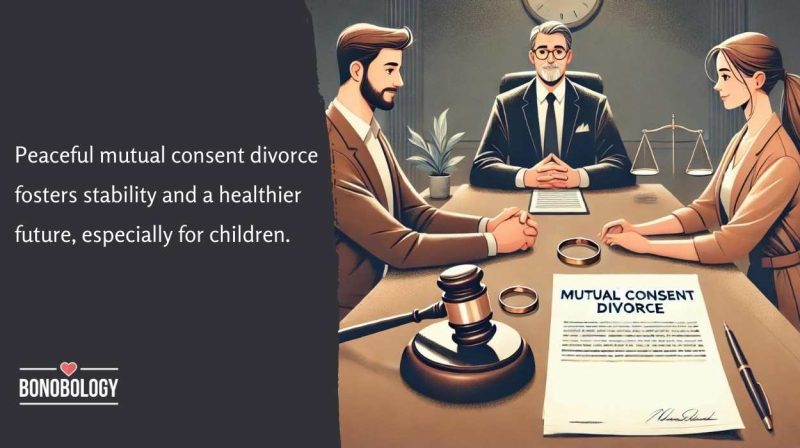

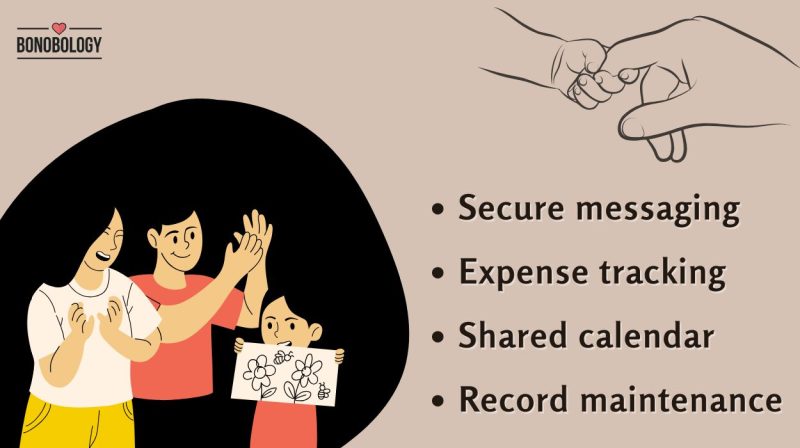



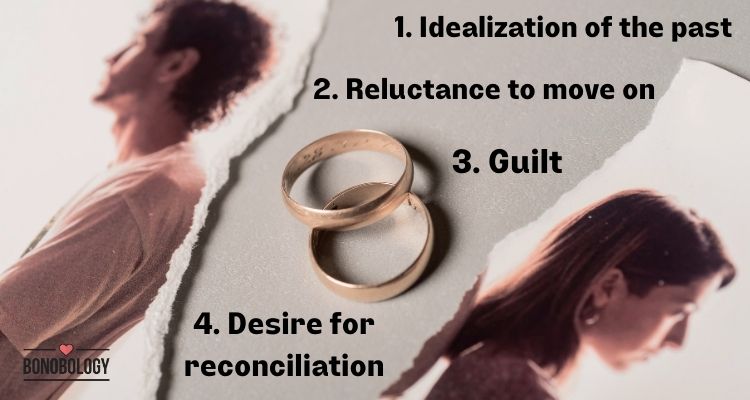

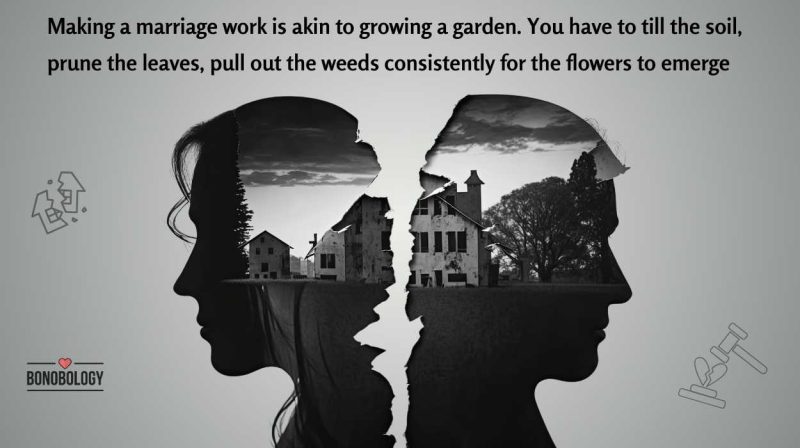

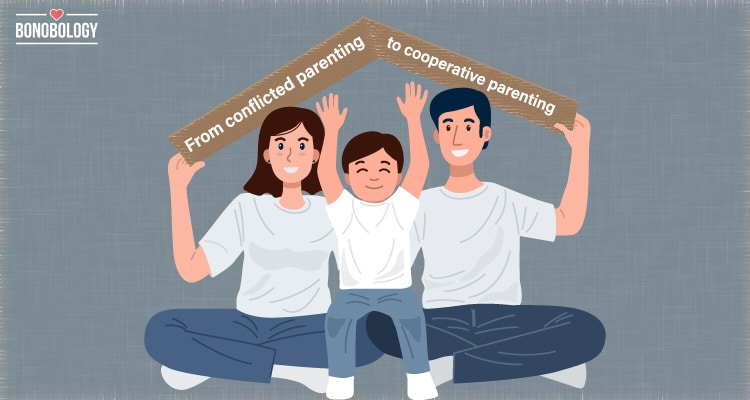

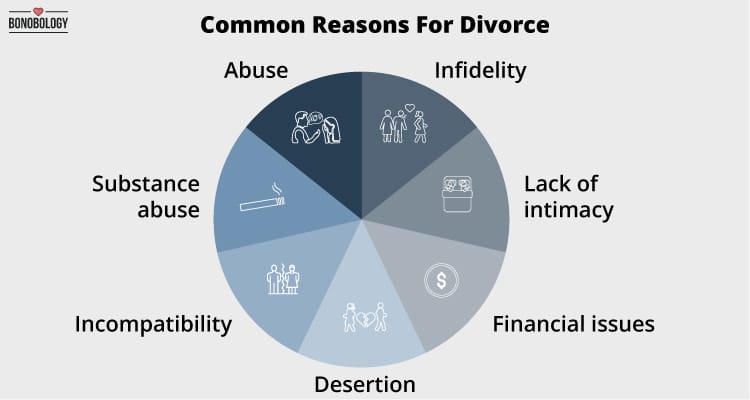


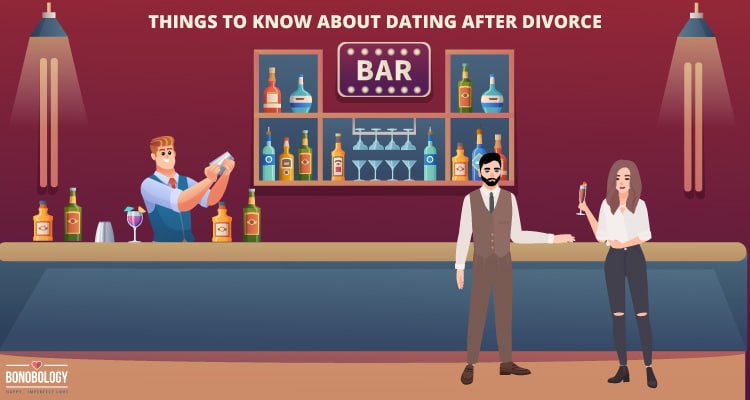

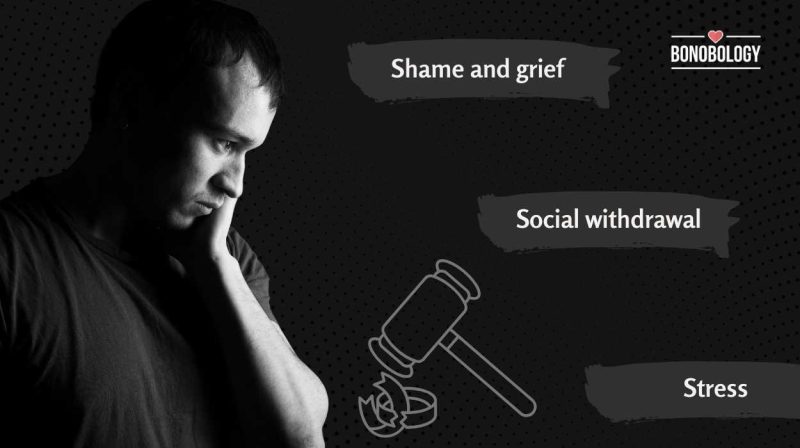
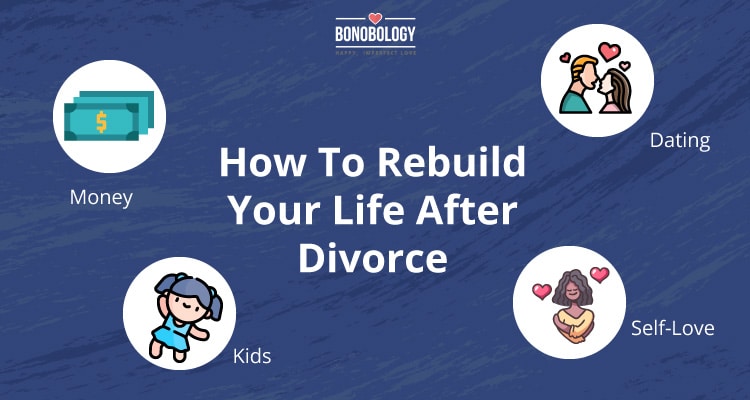



Featured
14 Best Co-Parenting Apps For Estranged Couples
12 Best Dating Apps For Divorcees
The Hidden Benefits Of Divorce
Top Legal Tactics for Alimony Disputes Between Parents
Divorce Regret: What Is It, Signs, And Ways To Deal
The Pros And Cons Of Being Your Own Divorce Lawyer
15 Subtle Yet Strong Signs Your Marriage Will End In Divorce
10 Things To Do When You Are Thinking About Divorce
10 Tips For Divorced Parents To Handle Joint Custody Effectively
9 Sneaky Divorce Tactics And Ways To Combat Them
18 Most Common Reasons For Divorce
How To Cope With Divorce As A Man? EXPERT ANSWERS
11 Ways To Remain Sane During a Divorce
7 Important Things To Know About Dating While Separated
The Top Rules Of Separation In Marriage To Make It Successful
Lonely After Divorce: Why Men Find It So Hard To Cope
How To Rebuild Life After Divorce: Handling Kids, Money, Dating, And Self-Love
Failed Celebrity Marriages: Why Are Celebrity Divorces So Common And Expensive?
Surviving Divorce at 50: How To Rebuild Your Life
Gray Divorce 101 – A Guide To Divorce After A Long Marriage